New York state is shuttering all live bird markets in New York City, as well as in Westchester, Nassau and Suffolk counties, for the next week, following the recent detection of bird flu among some poultry in city markets.
During a virtual briefing on Friday morning, Gov. Kathy Hochul emphasized that while there is “no immediate public health threat” in New York, shutting down the markets would help guard against the further spread of disease.
“These are just simply measured, common sense steps that will curb the spread of bird flu and ultimately to keep New Yorkers safe, which is always my top priority,” she said.
No human cases of bird flu have been detected in New York state so far. For most residents — particularly those who do not have direct contact with infected birds — the risk of infection is low, according to health officials and experts.
But since 2022, cases have emerged in the state among wild birds, backyard and poultry flocks, including recently on a Long Island commercial farm, which culled 100,000 ducks. Nationwide, bird flu cases have mounted in the past year among cattle, poultry and other animals. Among humans, 67 cases of bird flu, and one death, have been reported across the country since the start of 2024, according to the U.S. Centers for Disease Control and Prevention.
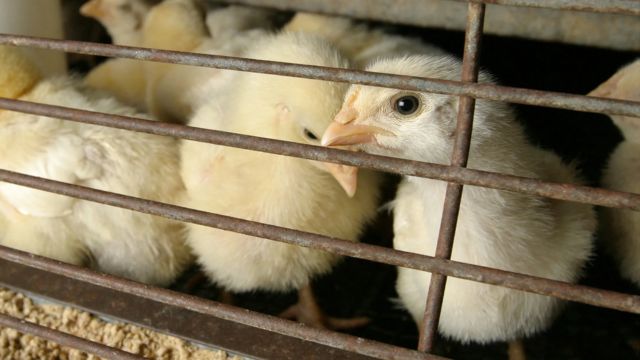
While there is no evidence that the current highly pathogenic H5N1 bird flu virus can be transmitted between humans, experts say that possibility hinges on how the virus mutates — which could have pandemic potential.
Bird Flu Alert: Michigan Residents Pet Owners Urged to Take Precautions!
State officials and health experts recommend that New Yorkers get the seasonal flu vaccine, which while not protective against bird flu, can reduce the chance of having both viruses at the same time — which can create opportunities for the two viruses to interact and become more dangerous.
Anyone who keeps chickens, ducks or geese should contact a veterinarian or the state Department of Agriculture and Markets if multiple birds die suddenly, or if bird flu symptoms appear, said Dr. James McDonald, commissioner of the state Department of Health. Additionally, New Yorkers who work with livestock, including dairy or poultry, should wear personal protective equipment.
In New York City, seven cases of bird flu were detected in poultry during routine inspections at live bird markets in the Bronx, Brooklyn and Queens in the past week, officials said. The shutdown order for live bird markets is effective from Friday through Feb. 14, and will impact about 80 markets across the state.
During that period, no poultry can be delivered to those markets. Markets that test positive for bird flu must be depopulated, undergo cleaning and disinfection, remain closed for at least five days, and pass a state health inspection. All uninfected markets must sell down their stock in the next few days, also undergo cleaning and disinfection, remain closed for at least five days, and pass a state inspection.
“These cases in the live bird markets were detected on surveillance,” McDonald said. “In other words, we were looking for the problem. And this is what you do in public health. We work together and we look for problems.”
McDonald added that the state is prepared for “widespread testing” if needed, with sufficient testing capacity at the Wadsworth Center, the state’s public health laboratory, and “substantial additional surge capacity.”
The state is also in close contact with the New York City Department of Health and Mental Hygiene, which has instructed exposed individuals to monitor for signs of illness, will test in the case of symptoms, and will offer Tamiflu, an influenza medication, as a preventative measure, McDonald said.
“We are prepared to respond to any disease outbreak, including quickly ramping up testing and treatment, and working closely with providers and community partners to rapidly disseminate messaging,” Dr. Michelle Morse , the city’s health commissioner, said in a statement.
In New York, other preparations for bird flu have begun, including at Bellevue Hospital, which is a regional hub for special pathogen preparedness. Earlier this year, the outgoing Biden administration awarded the hospital $2 million for its bird flu preparedness efforts, which will likely go toward bolstering PPE stockpiles and training efforts, Dr. Vikramjit Mukherjee, the director of the Special Pathogens Program and of Critical Care Services at Bellevue, told Healthbeat last month.
The state has taken other preventative steps, according to Elizabeth Wolters, the deputy commissioner for the state agriculture and markets department. Those measures include testing samples of milk intended for pasteurization and instituting testing requirements for cattle imported into the state and those entering state fairs or exhibitions.



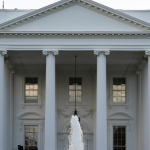

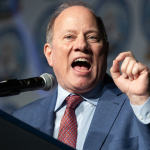


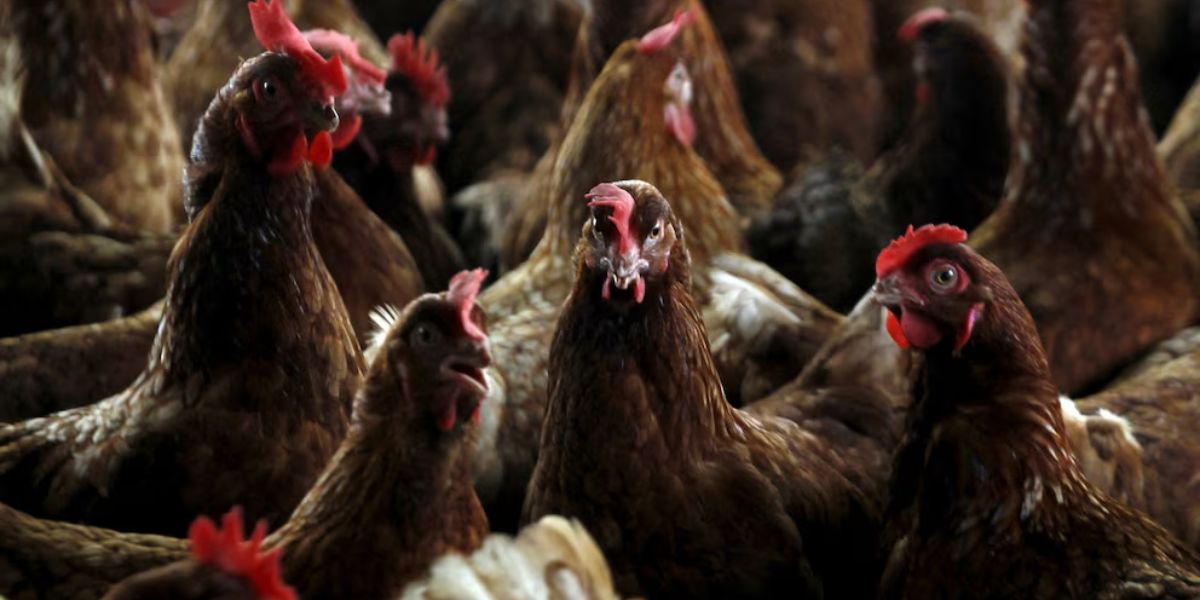
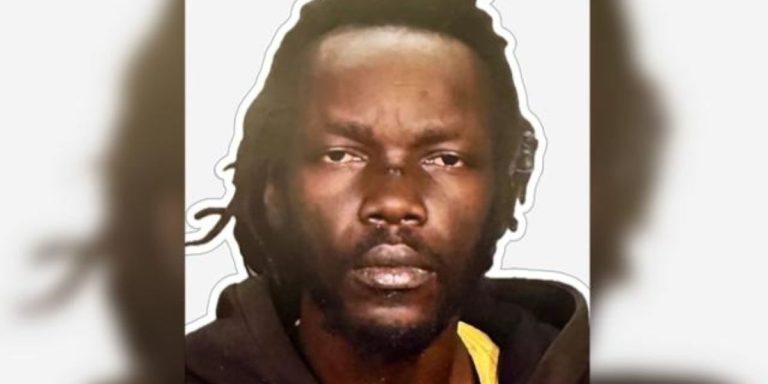
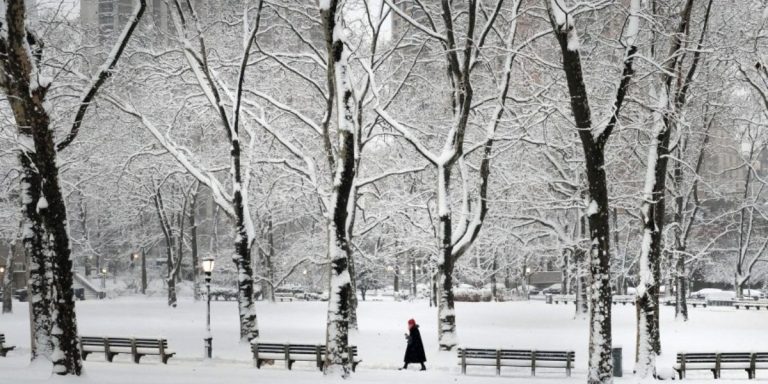
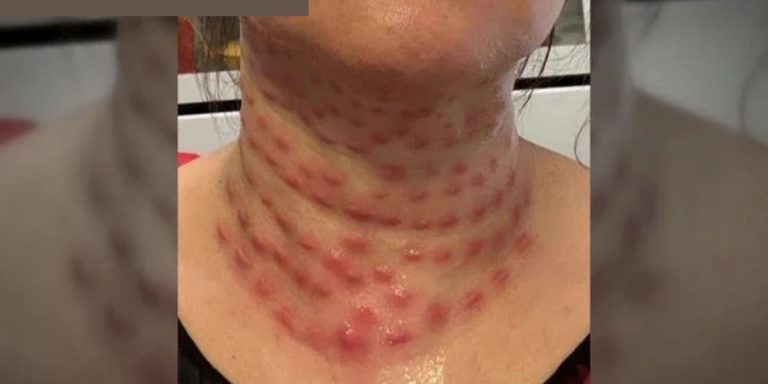




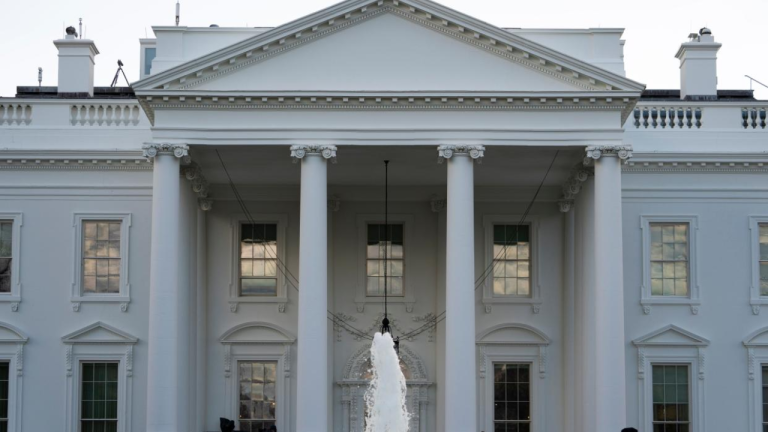

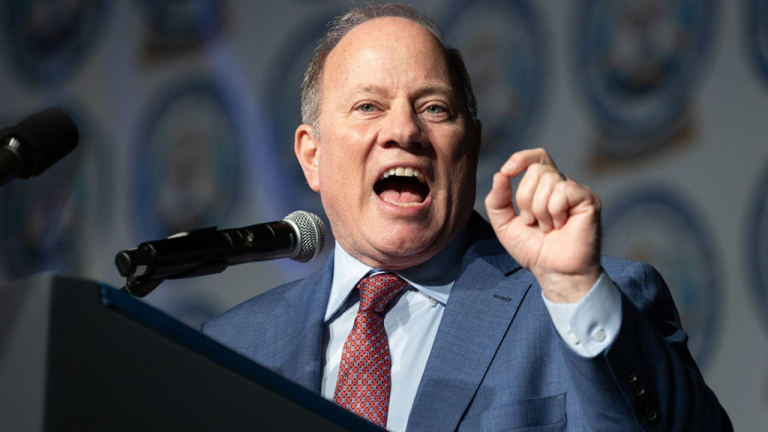






+ There are no comments
Add yours